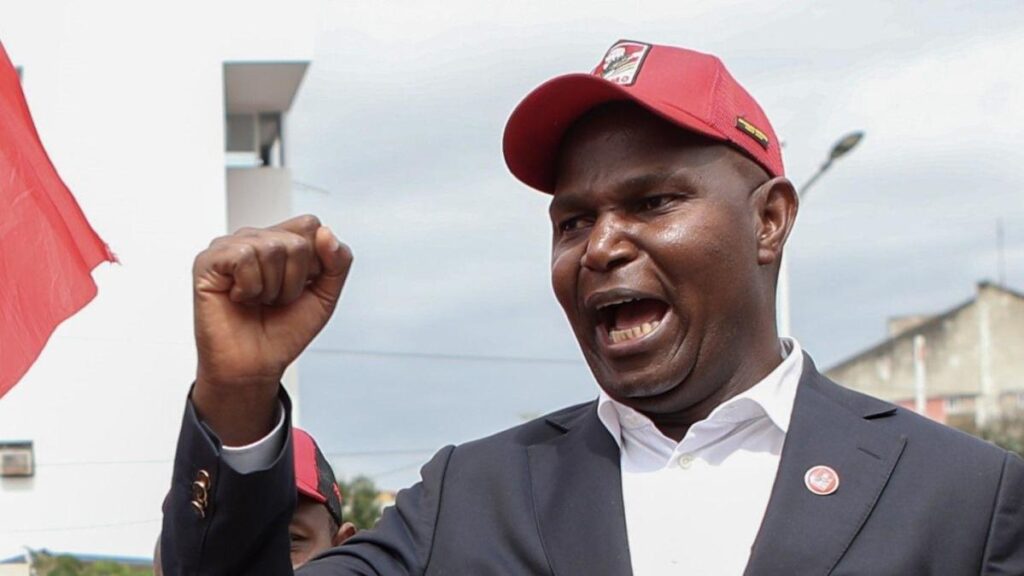In Mozambique, the ruling party Frelimo has secured its position following a contentious election marked by violence and allegations of electoral fraud. The National Election Commission announced that Daniel Chapo, who is relatively unknown but perceived as a potential agent of change, has been elected as the new president. Chapo received an overwhelming 71% of the vote, succeeding Filipe Nyusi, who has completed two terms in office. At 47 years old, Chapo represents a new generation, being the first president born after the country gained independence in 1975. His nearest rival, Venancio Mondlane of the Renamo party, received only 20% of the votes.
The election atmosphere has been significantly overshadowed by serious allegations of voter manipulation and the violent killing of opposition supporters. These incidents spurred nationwide protests as many citizens voiced their dissatisfaction with the electoral process. Concurrently, Zimbabwe’s President Emmerson Mnangagwa, who has faced similar accusations of election misconduct in his country, congratulated Chapo on his victory before official results had even been announced. This premature acknowledgment underscores the tension and scrutiny surrounding the election outcome.
The electoral commission reported that the voter turnout was around 43% from over 17 million registered voters. Alongside the presidential election, parliamentary and provincial elections were held simultaneously, which contributed to the overall tumultuous political environment. Reports indicate that Maputo, the capital city, has been rife with tension, as evidenced by empty streets and shuttered businesses following the election. In response to the alleged rigging, Mondlane announced a national strike, intending to honor his lawyer and a party official who were recently killed in what he labeled as politically motivated assassinations.
Amidst these challenges, Mondlane contended that he actually won the election. He pointed to preliminary polls that had indicated he was performing better than the final reported results. To galvanize his supporters, Mondlane organized protests across the nation, but these were met with force by the police who used live ammunition and tear gas to disperse crowds. The situation exemplifies the growing unrest and dissatisfaction among citizens regarding the integrity of the electoral process and the broader political climate in Mozambique.
The legitimacy of the election has also drawn criticism from international observers, including the European Union, which reported significant irregularities during the vote counting process. They highlighted instances of possibly doctored results, raising concerns about the transparency and fairness of the electoral outcomes. This scrutiny reflects a broader issue within many African nations, where election integrity remains a critical concern amid ongoing democratic struggles.
As Mozambique embarks on this new chapter under Chapo’s presidency, the country faces immense challenges regarding political stability and the restoration of public trust in its electoral processes. The ongoing protests and unrest illustrate a populace eager for change, yet disheartened by the apparent continuity of past practices that undermined democracy. The future trajectory of Mozambique will largely hinge on the new leadership’s ability to address these grievances and foster a more inclusive political environment, capable of quelling dissent and ensuring the safety of all its citizens.

